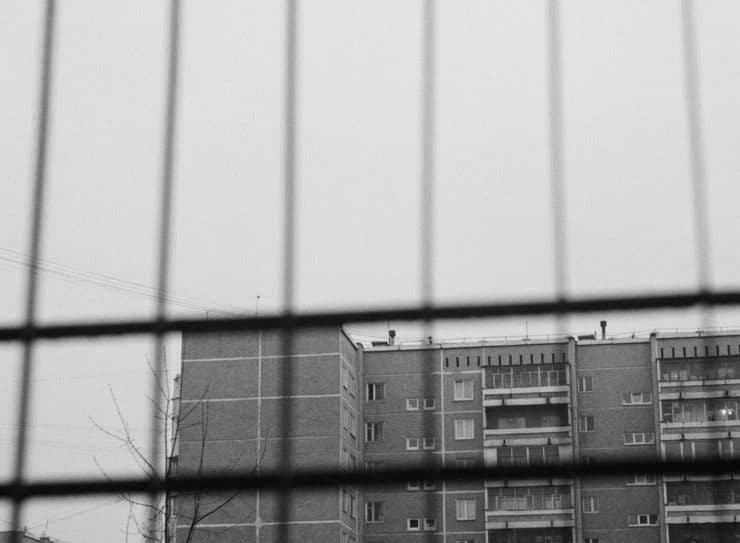Throughout the entire twentieth century, Russia essentially lacked modern understanding of human rights and freedoms. This applies to the scientific discourse, the state, and the society at large, notwithstanding multiple citations of rights and freedoms in Soviet constitutions. Having established, for instance, the principle of free labor, the Soviet government simultaneously introduced the universal labor duty, declaring: “He who does not work, neither shall he eat”. Similarly, while recognizing the equal rights of its citizens, without distinction in their racial or national identity, the state invoked “the interests of the working class” to justify the disfranchisement of entire groups for “using their rights to undermine the interests of the socialist revolution”. The rise of Soviet power also meant that Russian citizens were deprived of their property rights, their freedom of thought, freedom of movement and residence, and of the right to leave their country, to name just a few.
